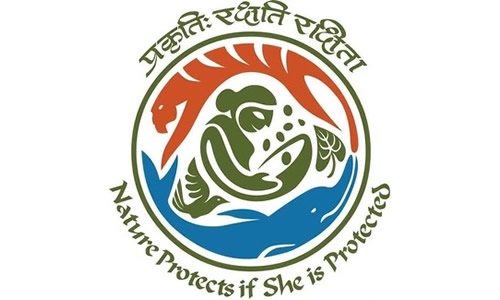The Ministry of Environment, Forest and Climate Change (MOEFCC or MOEF) is the principal administrative authority under the Central Government for planning, regulating and overseeing India’s environmental and forestry programmes and policies. It laid down various rules and regulations pertaining to these sectors. Further, it is the regulatory authority for obtaining permissions and registrations for projects that can have a direct impact on the environment and climate. Let’s understand the various project approvals, requirements of MOEF license in India and ancillary requirements.
Types of MOEF Approvals in India
Following are the key types of MOEF approvals that you need to obtain in India:
Import Export Approval for Hazardous Waste
Permission of MOEF for import-export of hazardous wastes in India is mandatory. No hazardous waste can be imported from any country to India except for the purpose of recovery, recycling, reuse or utilization including co-processing and except after obtaining the MOEF certificate for import. Apart from this, the import of products like batteries scrap, lead scrap, used oil, waste tyres, rubber scrap and electrical and electronic assemblies will also require the permission of MOEF.
The importer and exporter of such hazardous waste shall maintain records in the format prescribed in Form-3. These records shall be available for inspection when needed. Also, the importers are required to file an annual return with State Pollution Control Board in Form 4 by 30th June after the end of the fiscal year.
However, permission is not required when the hazardous and sample wastes are imported up to 1000 gms or 1000 ml for the purpose of testing, research and development. For obtaining MOEF online registration, an application shall be submitted in Form 5 with the MOEF along with the necessary documents. MOEF will review the application and will grant the permission if the following conditions are satisfied:
- The applicant has developed environmentally sound facilities
- Prior informed consent has been obtained from the country from which waste is being exported
- Adequate arrangements have been made for the treatment and disposal of waste generated
- Valid consent and authorisations have been obtained from State Pollution Control Board
MOEF PARIVESH
PARIVESH, an acronym for Pro-Active Responsive facilitation by Interactive, Virtuous and Environmental Single-window Hub, was launched by the government in August 2018. It has been developed as a single web-based portal for online submissions and monitoring of the proposals submitted by applicants seeking environmental clearances. A single sign-on under this portal facilitates all types of clearances. Following are the various clearances supported in this web portal:
- Environmental Clearances
- Forest Clearances
- Wildlife Clearances
- Coastal Regulatory Zone
Guidelines for Hazardous Waste Import
In case you are willing to import hazardous waste into India, then you need to be aware of the basic guidelines issued by MOEF. Following are the guidelines pertaining to such imports:
- Waste as specified in Part B of Schedule III is permitted to be imported.
- Hazardous waste as specified in part A of Schedule III can be imported by an actual user after obtaining consent from the country exporting the same and obtaining permission from the MOEF.
- Import of hazardous waste as specified in Schedule IV is prohibited.
- If the hazardous waste is imported from another country solely for the purpose of disposal, then it is prohibited.
- Hazardous waste that is not included in Schedule III but is hazardous in nature and outlined in Part C of Schedule III can be imported only after it is authorized by the MOEF.
- Hazardous waste that is imported from India shall be used only for the purpose of recovery, recycling, reuse or utilization including co-processing.

